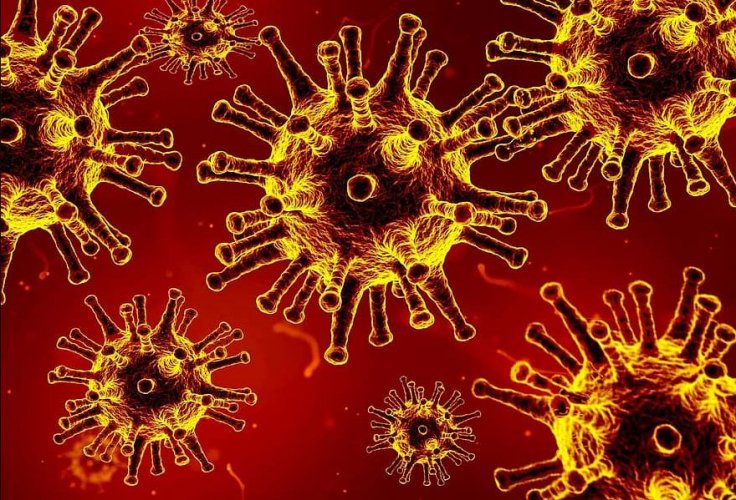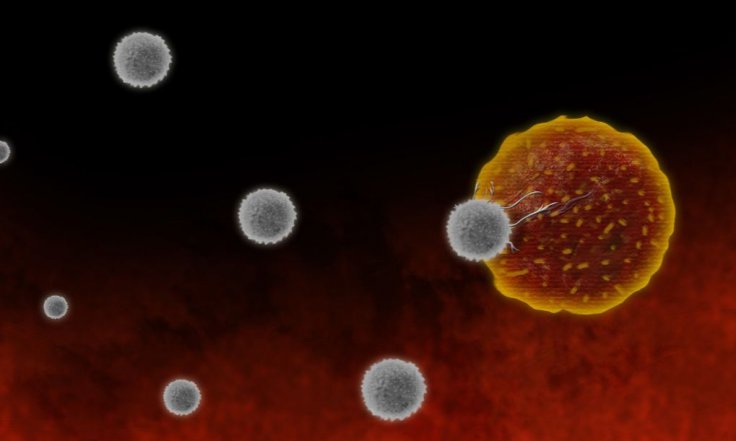The drastic change in the functioning of the immune system in several patients with COVID-19 has left scientists looking for answers. A hyper-immune reaction known as a "Cytokine storm" has been attributed to numerous coronavirus-related deaths. However, a new study reports that certain immune cells show increased activation without injuring the body and attempt to fight SARS-CoV-2 even as their number dwindled.
According to scientists from Karolinska Institutet in Sweden, anti-bacterial T-cells known as mucosa-associated invariant T-cells (MAIT) may witness strong activation in patients with moderate to severe COVID-19. "To find potential treatments against COVID-19, it is important to understand in detail how our immune system reacts and, in some cases, perhaps contribute to worsening the disease," said Johan Sandberg, corresponding author of the study, said in a statement.

Understanding the Role of MAIT Cells
T-cells are a class of white blood cells whose function is to recognize diseased cells and perform a crucial role within the immune system. Approximately, 1 to 5 percent of T-cells found in the blood of healthy individuals consist of MAIT cells. These cells are primarily known for their anti-bacterial activity. Nevertheless, the immune system can redirect the MAIT cells to combat certain viral infections.
Through the study, the researchers sought to ascertain the role of MAIT cells in the progression of COVID-19. Blood from 24 patients with moderate to severe cases of the disease, of which four died in hospital, was investigated for the presence and action of MAIT cells. The data from these samples were compared with results from blood samples collected from 45 people who had recovered from COVID-19 and 14 healthy individuals.
High Activation In Spite of Reducing Numbers
The researchers found that the number of MAIT cells fell sharply in the blood patients suffering from moderate or severe COVID-19. However, the surviving MAIT cells are in a state of high activation. This suggests that the cells were carrying out immune responses against the coronavirus. Interestingly, the decreased numbers coupled with increased activation in the blood were much stronger for MAIT cells when compared to any other variant of T-cells.

Additionally, the positive inflammatory response inducing MAIT cells were concentrated within the airways of patients with COVID-19 at a rate much higher than in healthy individuals. "Taken together, these analyses indicate that the reduced number of MAIT cells in the blood of COVID-19 patients is at least partly due to increased accumulation in the airways," opined Sandberg.
According to the authors, in patients recuperating from the infection, the quantity of MAIT cells recovered at notable rates in the weeks following the infection. This can play a vital role in the management of bacterial infections in people who have endured a bout of the disease. Among patients who succumbed to COVID-19, the activation of the MAIT cells was heightened with the lower expression of the CXCR3 than in individuals who survived the illness.
Active Engagement In Immune Response
The findings of the study indicate that MAIT cells engage actively in the immunological response against the novel coronavirus infection. Sandberg explained that a possible interpretation for the process is that the nature of the MAIT cells causes them to engage in the systemic immune response early. They also display an early engagement in the local immune response within the airways when they are directed to towards the site from the blood by inflammatory signals
"There, they are likely to contribute to the fast, innate immune response against the virus. In some people with COVID-19, the activation of MAIT cells becomes excessive and this correlates with severe disease," concluded Sandberg.









